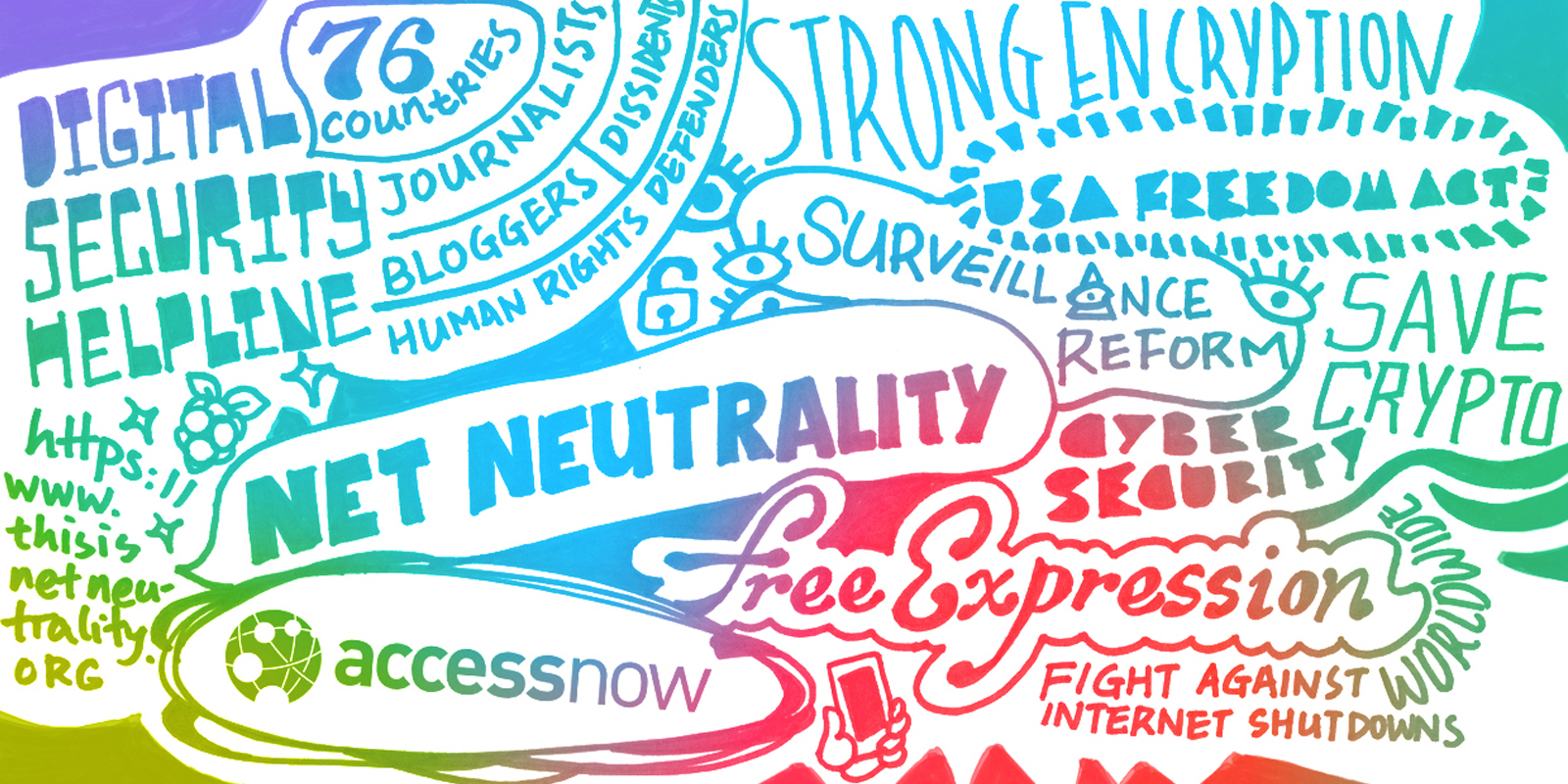Today the Body of European Regulators for Electronic Communications, known as BEREC, closes its public consultation on how to implement Net Neutrality rules across the EU. This deadline marks the end of a three-year battle to keep the internet open and free in Europe. BEREC will now analyse the result of the consultation, modify the text, and publish the final guidelines by the end of August. These guidelines will become applicable on August 30th.
Hard to believe, isn’t it? It’s been a long road, and we’re grateful that so many of you have taken the time to speak out at every step of the journey. Here’s a look at how we got here, the principles we’re fighting for, and what’s next.
BEREC: toward clarity
Late in 2015, the European Parliament adopted the Telecommunications Single Market (TSM) regulation with the aim of building a ‘Connected Continent’. Although the TSM has the foundational pillars for Net Neutrality, the level of ambiguity in the text left the rules open for misinterpretation and exploitation. BEREC was tasked with creating guidelines for implementing the TSM in a way that would deliver robust Net Neutrality protections.
Over the past six months, many civil society stakeholders, including Access Now, have engaged with BEREC to ensure that these guidelines would have the clarity necessary to safeguard the free and open internet. Notably, 72 civil society representatives came together as a coalition, sending a letter to BEREC to highlight the issues that need further clarity. After that, BEREC began its public consultation, and in June and July, more than 450,000 of you sent email to the regulators from either savetheinternet.eu or the Access Now campaign page — an inspiring demonstration of the committed, unflagging public support for real Net Neutrality.
Read here Access Now’s submission on the draft BEREC guidelines.
What we’re asking for
- Zero Rating
Zero rating is one of the most important issues to address. With zero-rating, internet service providers can give preferential treatment to some services or applications, influencing the user experience and distorting competition. BEREC’s draft guidelines did not recommend banning zero rating, but instead taking a case by case approach where telecoms regulators would assess each zero-rating offer’s compliance with the TSM individually. This makes the process and outcomes uncertain, and it also keeps the door open to clear violations of Net Neutrality principles. We recommend that BEREC interpret the TSM regulation as intended — to protect the free and open internet — and ban zero rating offers, full stop.
- Specialised Services
Specialised services — such as services for internet-connected cars, or e-health services — are those for which the best-effort internet is not sufficient. According to BEREC’s draft guidelines, if someone were to engage specialised services, it might compromise the quality of the individual’s regular bandwidth. In other words, specialised services could be provided at the cost of, rather than in addition to, the regular internet. To make matters worse, the process for determining which services qualify as special is not entirely objective, and may allow for exploitation to enable Net Neutrality transgressions. This is a crease that BEREC needs to iron out in the finalised guidelines.
- Traffic Management
Traffic management requires strict oversight. To follow Net Neutrality protocol, traffic management must be application-agnostic. Yet the draft guidelines permit a ‘class-based’ system that does not ensure that different types of traffic would be treated equally. To preserve the free and open internet, we cannot allow internet services providers to ‘look into the traffic to prioritise some applications or services over others’.
And now? We see what happens, and stay alert
At least on one level, the EU Net Neutrality debate is coming to an end. After all the briefs, blog posts, action alerts, policy documents, and recommendations, we’re waiting to see what BEREC decides. Access Now will carefully monitor the implementation of the EU’s Net Neutrality rules, working as needed to protect fundamental rights.
It’s an especially important moment because the EU’s role in the global battle for Net Neutrality is instrumental. Not only will 28 member states abide by the TSM regulation, but governments around the world will be watching to see how the rules will be implemented and what the impact will be.
We have already seen other countries take a bold stand in favor of Net Neutrality, affirming the human right to free expression online and the value of the open internet as an engine for innovation. The EU now has the chance to do the same. Our hope is that it will not buckle to lobbyists’ pressure or remain ambivalent in the face of conflicts of interest, but instead live up to the promise of the adopted rules and stand valiantly to protect the free and open internet for everyone.
Contribution by Trisha Shetty.
